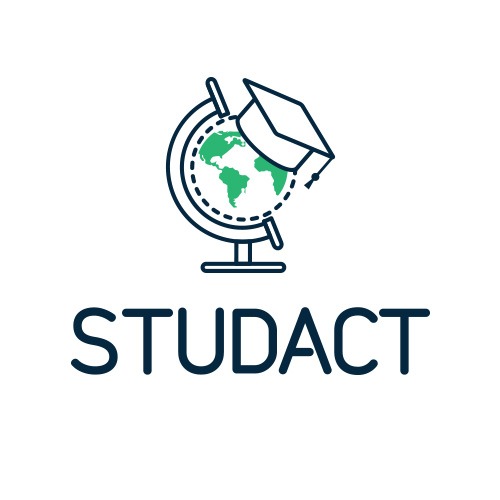
In the United Kingdom, Global Citizenship Education (commonly known as Global Learning) is an established field that stretches back to the 1970s when there were national efforts to educate young people on issues on global inequality and poverty with the aim of propping up their involvement in international development campaigns. More recently, two prominent global learning programmes delivered across the UK are the Global Learning Programme (GLP) and Connecting Classroom through Global Learning Programme (CCGLP). The GLP was implemented between 2013-2018 with the aim of developing students’ competencies on global issues at Key stages 2 and 3. The CCGLP is an ongoing school partnerships programme delivered by the British Council and seeks to promote global learning in UK schools in partnerships with schools outside of the UK. Additionally, NGOs such as UNICEF and Oxfam are delivering different forms of global learning initiatives in schools on specific topics such as Human Rights and Climate Change. Through these NGO initiatives, schools that teach various iterations of global learning receive various accreditation such as Schools for Future Youth, Eco Schools, Rights Respecting Schools, or Fairtrade Schools, etc.
Despite these Global Learning programmes, there are studies that show that democratic education is a periphery feature of English secondary education, which indicates a less priority for political education. Furthermore, access to civic learning opportunities for children from disadvantaged backgrounds is said to be lower than for their peers with higher socio-economic status, with a key determining factor being the educational and socio-economic backgrounds of their parents. Generally, social and educational inequalities are said to be higher in England when compared to other constituent nations of the UK such as Wales and Northern Ireland. Furthermore, among the 9 regions of England, educational and social inequalities are said to be high for schools in London where ethnic diversity is high and students are more likely to come from a minority ethnic and disadvantaged backgrounds than the average for England.
Drawing on the preceding educational and socio-economic inequalities in the UK, STUDACT will focus on young people’s experiences and appropriation of global citizenship relative to their socio-economic backgrounds, focusing on the topics of Human Rights and Climate Change. Schools will be selected from three regions with different dynamics of socio-economic inequalities, namely: London, the North West, and the West Midlands. The target group for the research will be students aged between 15-18 years from different ethnic and socio-economic backgrounds, drawing on the profiles of their schools. Target schools will include, on the one hand, schools given accreditation as Eco Schools, Schools for Future Youth and Rights Respecting Schools as well as schools that do not participate in any of these global learning initiatives.



